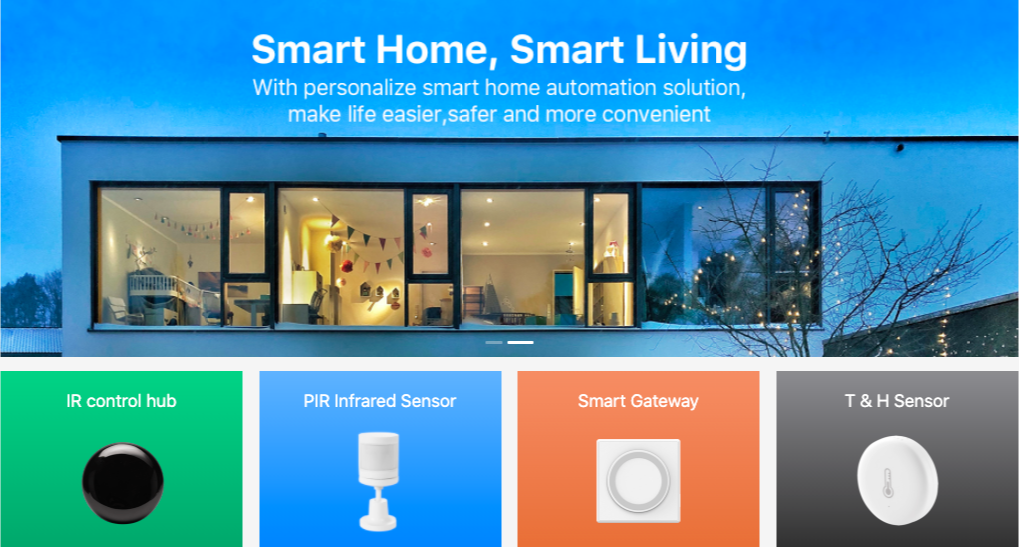Apple HomePod Mini:

Apple TV :

Apple HomeKit is a robust framework designed to facilitate the integration and management of smart home devices. Launched in 2014, HomeKit provides a secure and user-friendly platform for controlling various smart home products through Apple devices, including iPhones, iPads, and Apple Watches. This system allows users to create a cohesive smart home environment, enhancing convenience, security, and energy efficiency.
One of the key features of HomeKit is its emphasis on security. All communications between HomeKit-enabled devices and the Apple ecosystem are encrypted, ensuring that user data remains private and secure. According to Apple, HomeKit employs end-to-end encryption, which means that even Apple cannot access the data exchanged between devices. This level of security is critical, especially as the number of connected devices in homes continues to rise.
HomeKit supports a wide range of device categories, including lighting, thermostats, locks, cameras, and sensors. As of October 2023, there are over 1,000 HomeKit-compatible products available in the market, providing consumers with a diverse selection of options to choose from. This extensive compatibility allows users to tailor their smart home systems to meet their specific needs and preferences.
Another significant aspect of HomeKit is its automation capabilities. Users can create custom automation scenarios that trigger actions based on specific conditions. For example, a user can set their lights to turn on automatically when they arrive home or adjust the thermostat based on their daily schedule. According to recent studies, automation can lead to energy savings of up to 30% in residential settings, making it an attractive feature for environmentally conscious consumers.
HomeKit also supports voice control through Siri, Apple's virtual assistant. This integration allows users to control their smart home devices using simple voice commands, enhancing accessibility and convenience. Research indicates that voice-activated technology is becoming increasingly popular, with approximately 55% of households in the United States expected to have a smart speaker by 2024.
Furthermore, HomeKit's interoperability with other smart home ecosystems is noteworthy. With the introduction of the Matter protocol, HomeKit devices can communicate with products from other manufacturers, expanding the range of compatible devices and enhancing user experience. This cross-compatibility is essential in a market where consumers often seek products from multiple brands.
In conclusion, Apple HomeKit represents a significant advancement in the smart home industry, offering a secure, user-friendly, and versatile platform for managing connected devices. Its emphasis on security, extensive device compatibility, automation capabilities, and voice control features position it as a leading choice for consumers looking to enhance their home environments. As the smart home market continues to evolve, HomeKit is likely to remain a pivotal player in shaping the future of home automation.

